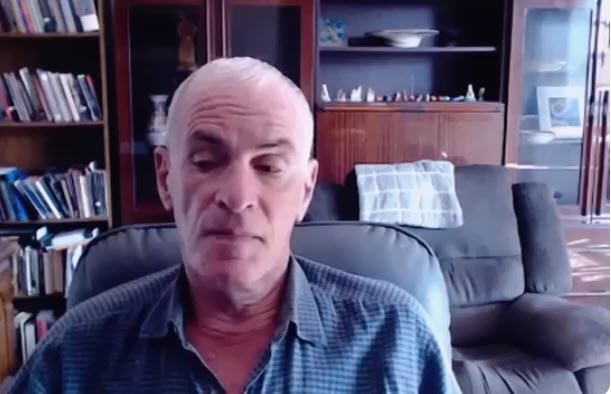
The Creation of “Human Monsters” and the Moral Question of Resistance In Gaza Concentration Camp
By Scotty T Reid
In the annals of history, the oppressed have often been labeled as “human monsters” by the establishment and ruling classes. This stigmatization, however, is a narrative constructed to divert attention from the true perpetrators of crimes against humanity—the oppressors themselves. Norman Gary Finkelstein, an American political scientist and activist, has posed a moral question that challenges the prevailing narrative, urging us to consider the circumstances that lead oppressed individuals or groups to react in seemingly monstrous ways.
Finkelstein, renowned for his research on the politics of the Holocaust and the Israeli–Palestinian conflict, draws parallels between historical acts of resistance and contemporary struggles against oppression. One notable comparison he makes is between the October 7 attack on Israeli military bases and enclaves and the historic Nat Turner rebellion in the United States. The Nat Turner rebellion saw some enslaved participants resorting to gruesome acts, killing not only their oppressors but also their entire families. Finkelstein’s point is not to justify these actions but rather to encourage a nuanced understanding of the complex dynamics that lead to such extreme measures.
To comprehend the actions of those deemed “human monsters,” it is crucial to contextualize the oppressive conditions they endure. Finkelstein emphasizes the long-lasting impact of systemic oppression, drawing attention to the inhumane treatment and brutality faced by victims on a daily basis. Many individuals subjected to crimes against humanity, especially those born into such conditions, grapple with a lifetime of dehumanization and trauma. Finkelstein argues that this sustained cruelty, often inherited through generations, creates an environment where extreme reactions become almost inevitable.
The comparison to the Nat Turner rebellion is particularly poignant. Enslaved individuals faced some of the worst oppression in human history, enduring unimaginable hardships and witnessing the brutality of a system that treated them as less than human. Finkelstein’s point is not to equate the struggles of different groups but rather to underscore the importance of understanding the root causes of extreme reactions against oppression.
By highlighting these historical and contemporary examples, Finkelstein challenges the mainstream narrative that casts the oppressed as inherently monstrous. Instead, he urges us to direct our attention to the systemic injustices that breed desperation and, in some cases, extreme responses. It is a call for empathy, urging society to consider the moral question of resistance and the responsibility that lies at the feet of the oppressors and the systems of oppression.
In conclusion, Finkelstein’s perspective prompts a reevaluation of how we perceive those who resist crimes against humanity in seemingly monstrous ways. By understanding the context of oppression and acknowledging the deep-rooted trauma that accompanies it, we can begin to dismantle the narrative of “human monsters” and address the true source of the problem—the systems that perpetuate inhumane treatment and inequality.
If you value objective reporting and unique perspectives, you can support independent media and platforms like Black Talk Radio Network with a donation via paypal.me/BlackTalkMediaNC or Cash App $BTMProject. Thank you for your contribution!